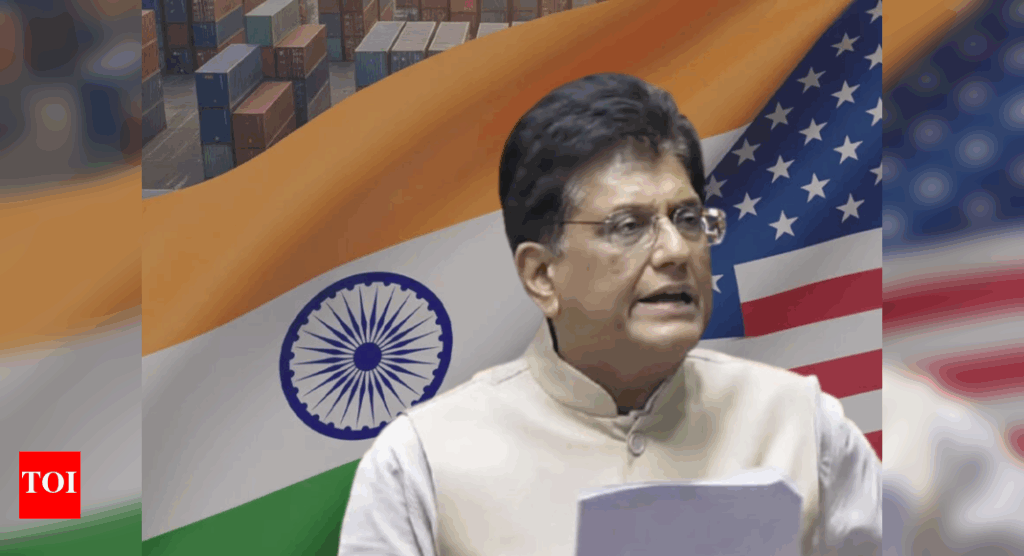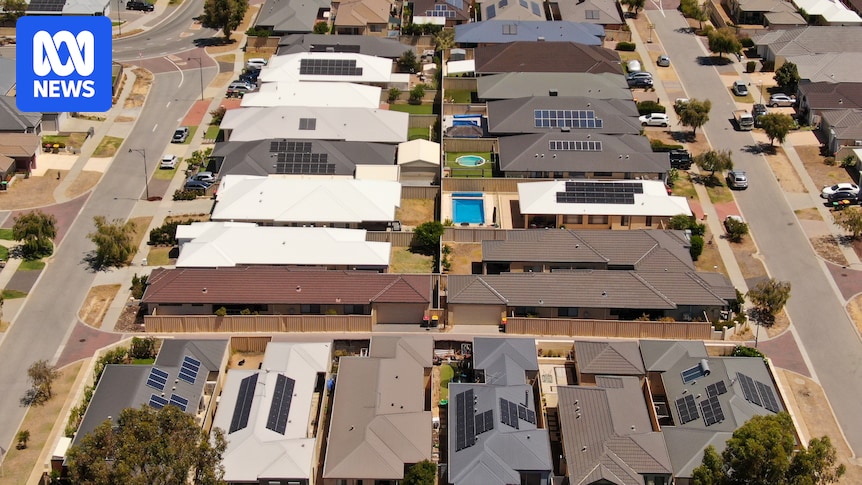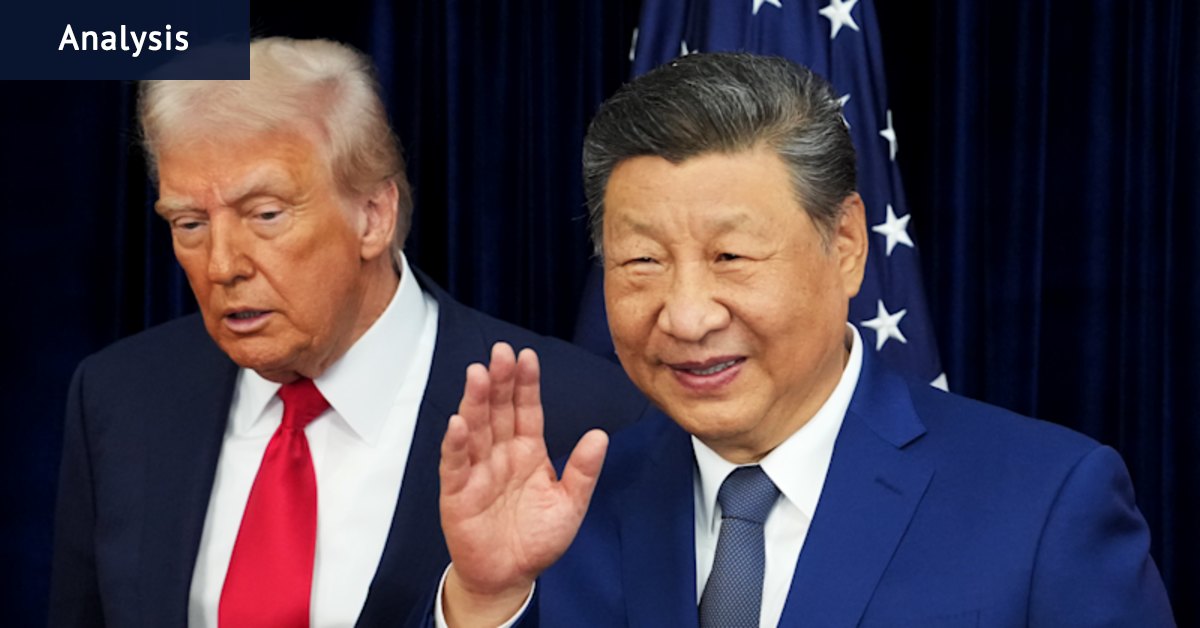
NEW DELHI: In a bold assertion of India’s growing influence in global trade, Commerce and Industry Minister Piyush Goyal on Friday outlined the nation’s ongoing efforts to solidify international trade partnerships. Speaking at the BT India @100 event, Goyal emphasized India’s strategic negotiations with several countries, including the United States, despite the imposition of significant tariff barriers.
Goyal expressed confidence that India’s export figures for the fiscal year 2025-26 will exceed the previous year’s record of $825 billion. “We are in dialogue with many countries, Oman, the European Union, the US, Chile, Peru, New Zealand. Many others want to start engaging with India,” he stated, highlighting India’s demographic advantage of 1.4 billion people and its vast domestic market as key attractions for global trade partners.
India-US Trade Negotiations Amid Rising Tariffs
The announcement comes as India and the US continue to negotiate a bilateral trade agreement, with the next round of talks scheduled for late August. These discussions have gained urgency following the US’s decision to impose a 50% tariff on Indian goods, implemented in two phases: 25% from August 7 and the remaining 25% from August 27.
Despite these challenges, Goyal remains optimistic about India’s trade prospects. “I do not see any de-globalisation. I see countries restructuring their trade routes and partners. I am quite confident this year India will do more exports than last year,” he remarked. Goyal also referenced recent trade agreements with the UAE, Mauritius, Australia, the European Free Trade Association (EFTA), and the UK, underscoring India’s expanding global trade footprint.
India’s Economic Resilience and Global Standing
Addressing the broader economic landscape, Goyal emphasized India’s status as the fastest-growing large economy, contributing 16% to global growth with one of the lowest inflation rates among emerging markets. “Our macroeconomic fundamentals are the best. India today is stronger, more confident, and more respected,” he asserted.
Goyal also countered US President Donald Trump’s prior characterization of India as a “dead economy,” highlighting India’s 6.5% growth rate and strategic trade alignments as indicators of the country’s robust economic health. “The nation’s morale is high… India will emerge as the winner in any kind of crisis,” he added, referencing India’s resilience during the Covid-19 pandemic.
Challenges and Opportunities in the India-UK Trade Agreement
Meanwhile, concerns have been raised over the India-UK trade agreement, particularly regarding government procurement and duties on Scotch whiskey. Goyal reassured stakeholders that Indian businesses are gaining access to the UK’s procurement market and dismissed these worries as unfounded.
The move represents a strategic effort to further integrate India into the global economy, leveraging its economic strengths to navigate the complexities of international trade. Goyal’s remarks also included a rebuttal to Congress leader Rahul Gandhi’s economic criticisms, which he labeled as “unfortunate,” accusing opposition parties of disrupting parliamentary proceedings with “fake narratives.”
Political Reactions and Future Outlook
Responding to allegations by Rahul Gandhi about election rigging, Goyal called the claims “absurd,” praising India’s Election Commission for conducting globally recognized free and fair elections. This political backdrop highlights the contentious nature of India’s economic and trade policies, which continue to evolve amid both domestic and international pressures.
As India continues to navigate these complex trade negotiations, the implications for its economy are significant. The country’s ability to successfully manage these relationships will be crucial in maintaining its growth trajectory and enhancing its position on the global stage. The next steps in these negotiations will be closely watched by both domestic and international stakeholders, as India seeks to balance its economic ambitions with the realities of global trade dynamics.







